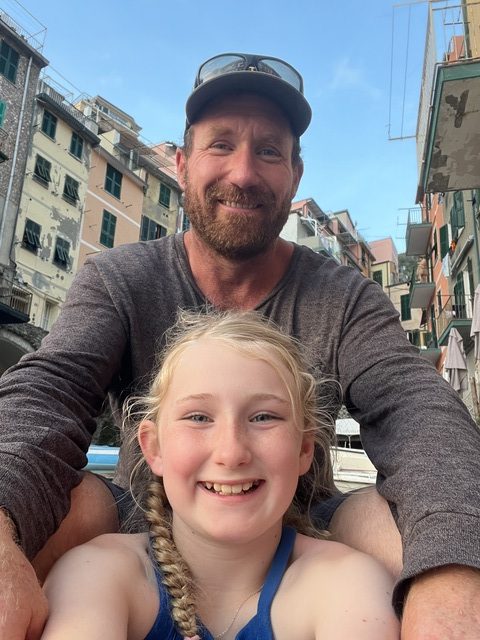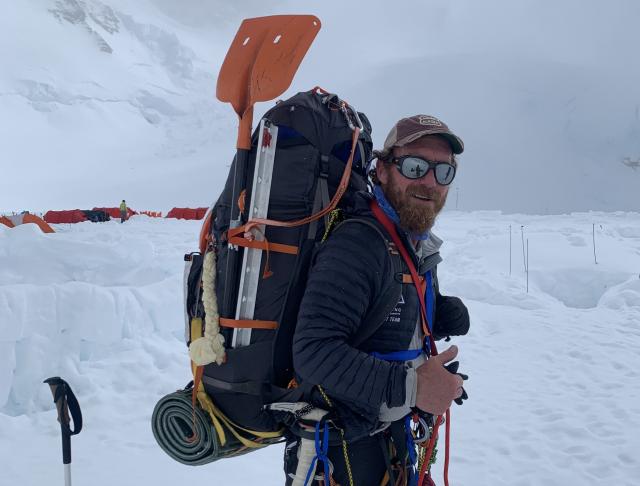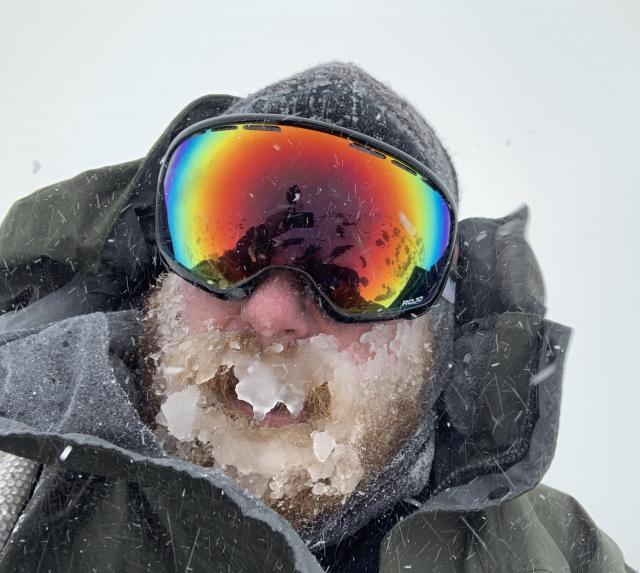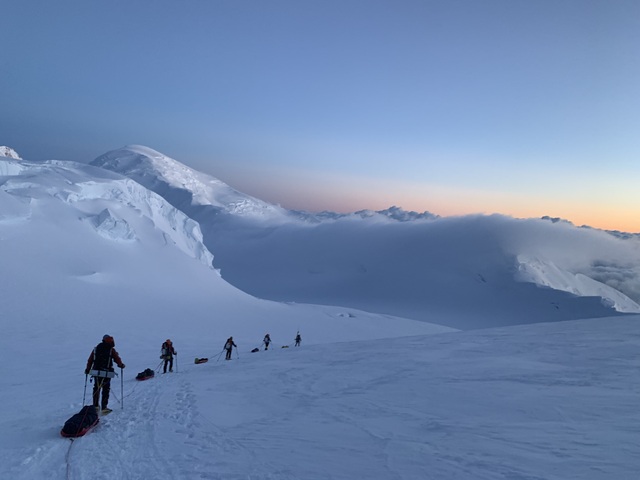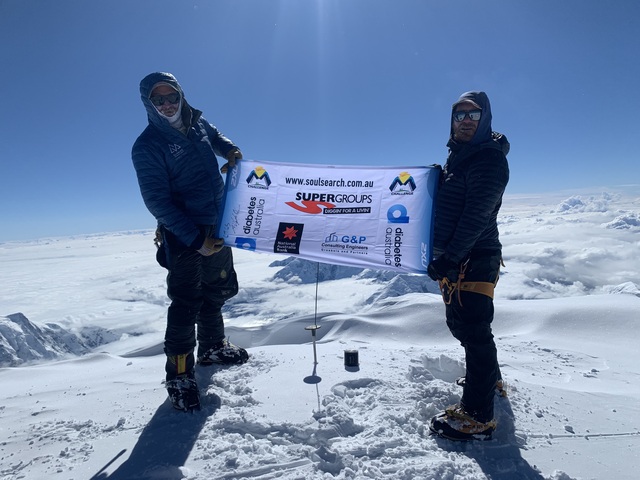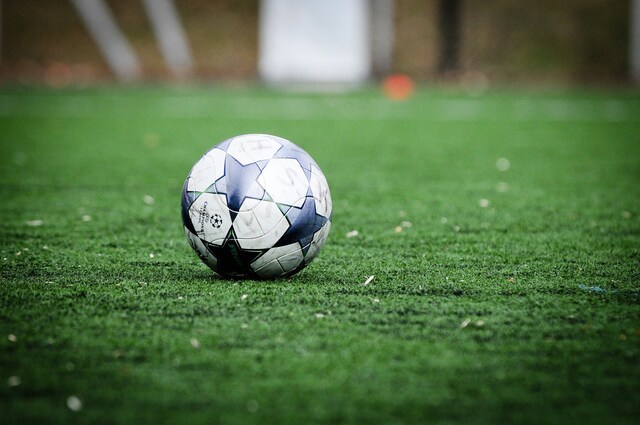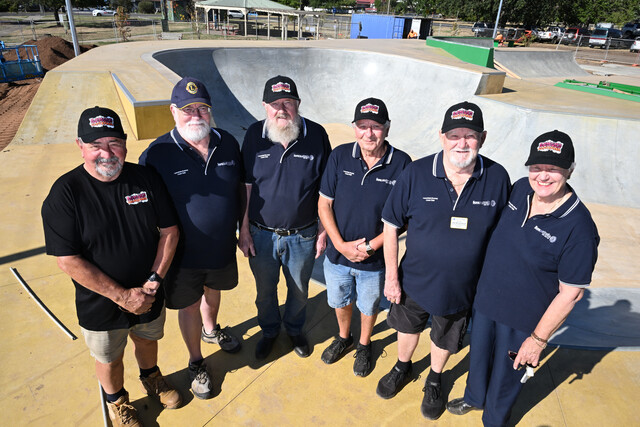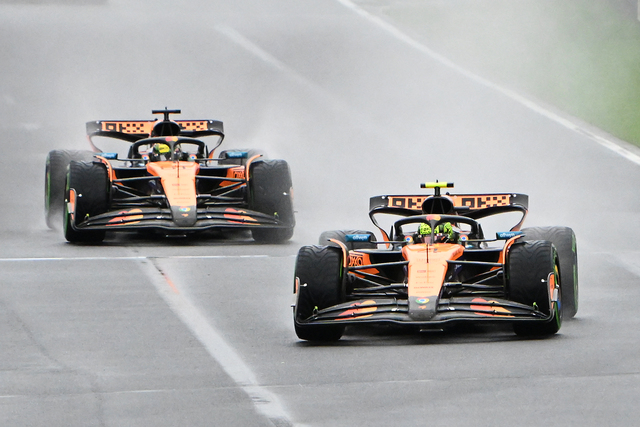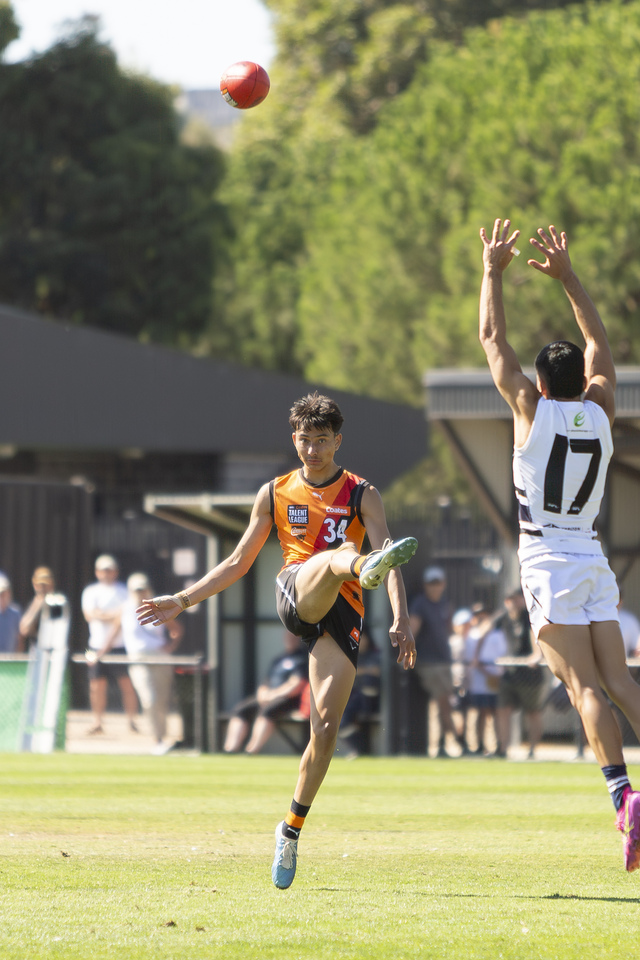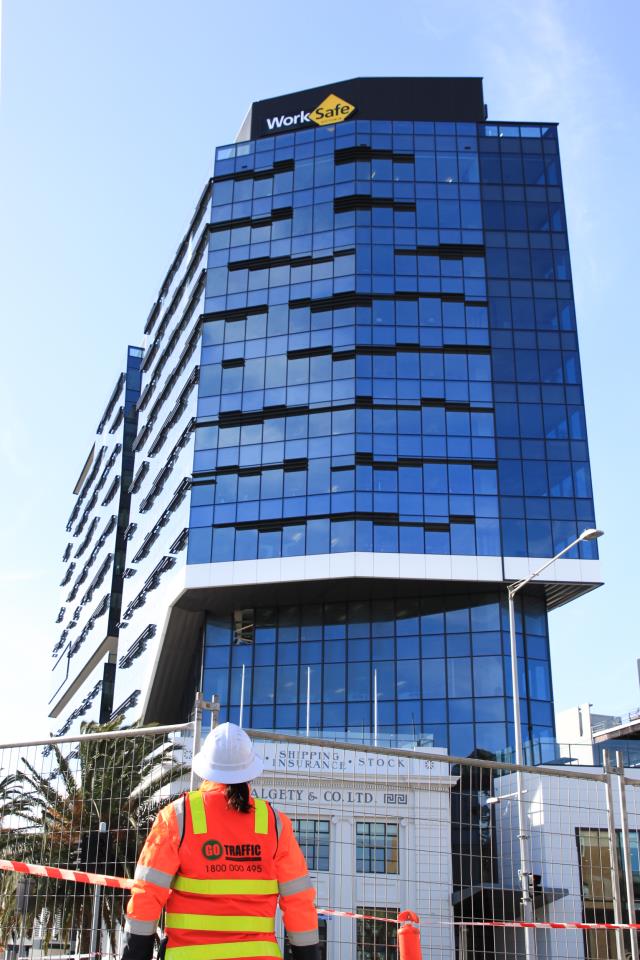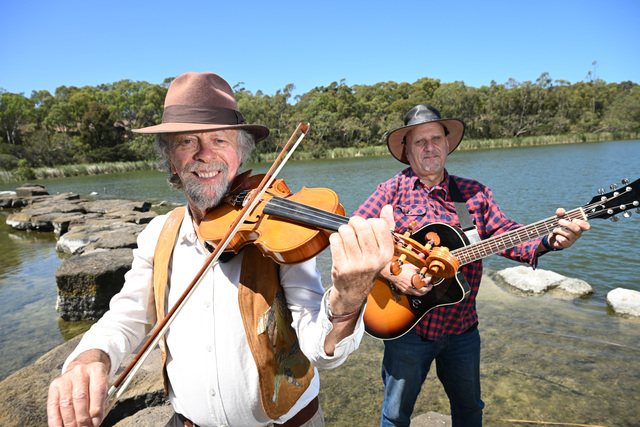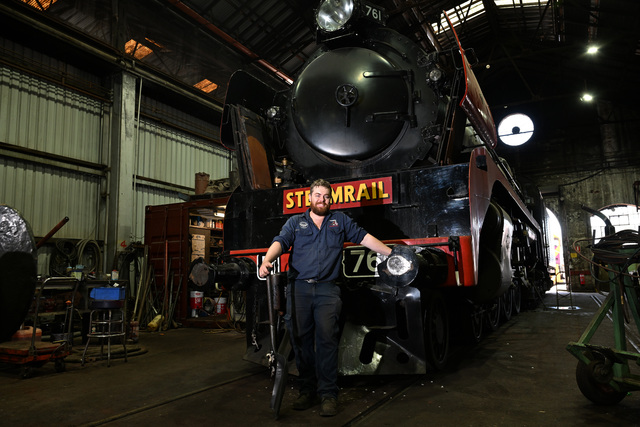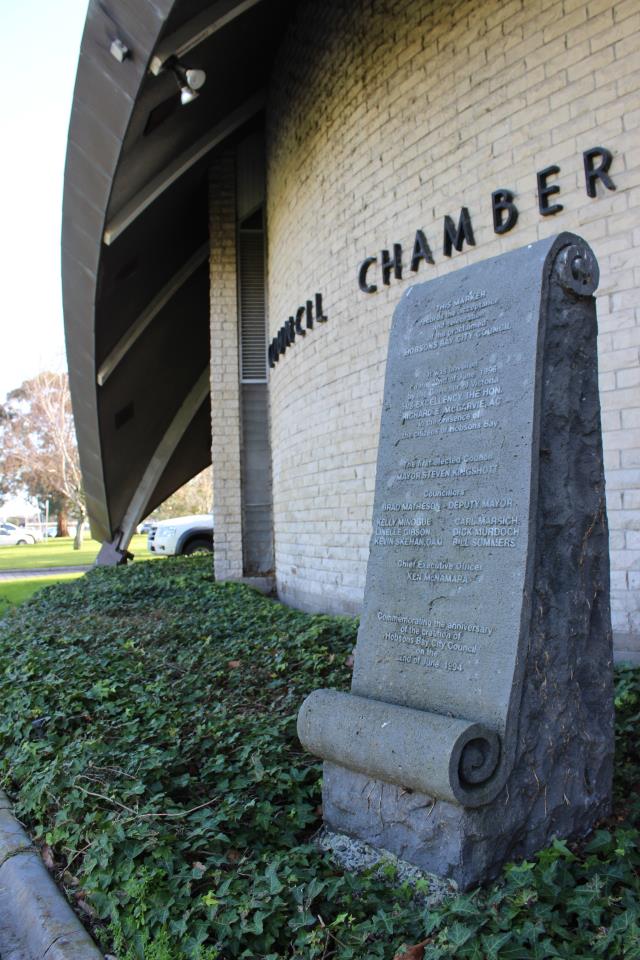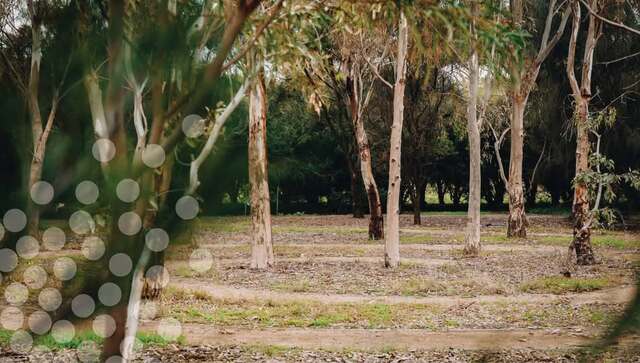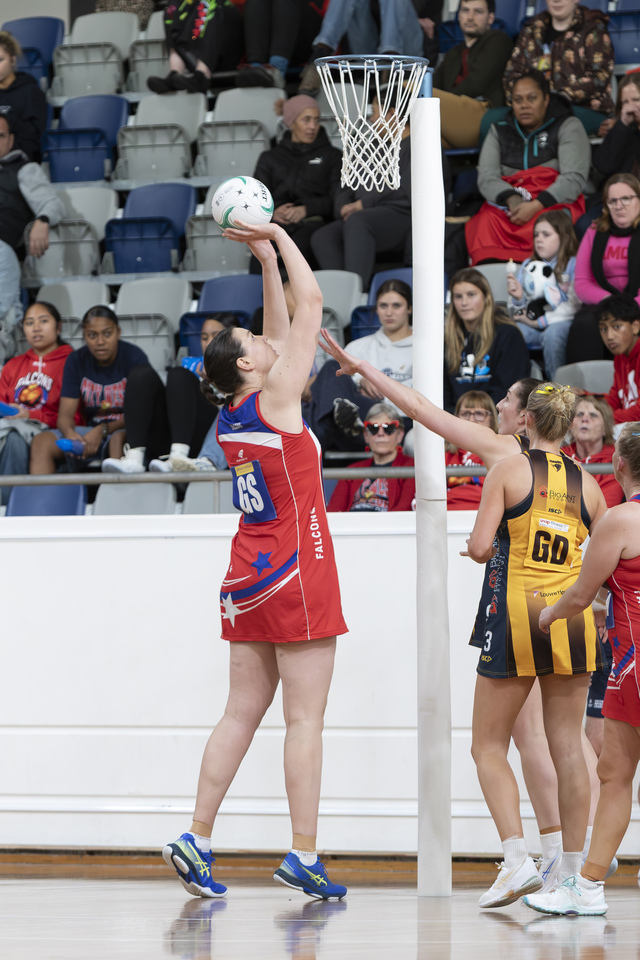Looking down at the world from 8848 metres above sea level, Williamstonwn business owner David Morgan knew he was among a special group of people – those who had conquered Mount Everest. However, he also knew that his daughter Finlay was fighting a battle which she would face for the rest of her life – type 2 diabetes. Gazette reporter Matthew Sims spoke to him about why he decided to climb seven mountains and run seven marathons towards type 1 diabetes research and his new book on his experience ’Fin’s Mountains’.
In February 2018, David Morgan and his partner Heidi’s life changed forever, when their four-year-old daughter Finlay received a diagnosis of type 1 diabetes.
The founder and director of Casey based Morgan Development Group knew he wanted to do something significant to raise awareness and donations for Diabetes Australia.
While he had done a few extreme things in his life, including yacht races, hiking the Kokoda Trail and deep-sea diving on the shipwreck of the SS President Coolidge in Vanuatu, he had no experience with mountaineering or marathons.
Despite this, Mr Morgan launched the 7×7 Challenge, conquering the seven highest summits on the world’s seven continents and completing seven of the world’s greatest marathons, raising about $68,000 for type 1 diabetes research in the process.
What was a three-year journey came to a close on June 2022, when Mr Morgan completed the Cairns Ironman.
However, Mr Morgan said his hardships were nothing compared to what Fin had faced with her diagnosis.
“In the first weeks following diagnosis, a sick and frightened little Fin cried and screamed and fought every time Heidi and I checked her blood sugar levels and administered her life-saving insulin injections,“ he said.
“Can you imagine pinning down your small, defenceless child, too young to fully understand what is happening to her, and puncturing her perfect skin with a needle several times a day?
“To our young daughter, it must have felt like her parents were torturing her.“
With initial symptoms including excessive thirst, increased toilet frequency, unexplained weight loss and extreme tiredness, 134,000 people are living with the disease in Australia.
Type 1 diabetes is an incurable and lifelong autoimmune condition where the body’s own immune system is activated to destroy the beta cells in the pancreas which produce insulin.
Mr Morgan said people who were diagnosed with Type 1 diabetes have done nothing to cause the condition to present itself and anybody can get it.
“Type 1 diabetes should not be confused with type 2, which is a completely different condition,“ he said.
“Type 2 diabetes is not caused by an attack from the immune system.
“Rather, there are several risk factors that contribute to its development – age, family history, ethnic background, weight, diet and physical exercise, which can all be treated with lifestyle change and medication.“
Mr Morgan said managing the condition was a full-time job.
“Diabetes management is 24/7,“ he said.
“You never have a day off, let alone an hour.
“Those days can feel really long when your child isn’t well.“
Mr Morgan said it was also important for Fin to know she was not alone in her battle, remembering Fin’s first Diabetes Victoria camp she attended when she was six years of age.
“It might be difficult to understand how a weekend camp can do this, but over two days a team of educators and professionals achieved progress with the management of Fin’s diabetes that I would not have believed possible had I not witnessed it all unfold,“ he said.
“After having many, many reservations about even attending the camp, on day one a beaming Fin proudly held up a pink star cut-out that read, ‘I did my injection for the first time—Finlay.’
“She got to stick it on the board, front and centre of the room, with everyone else’s achievement star.“
Mr Morgan said he was a complete amateur in mountaineering when he decided to take on the 7×7 Challenge.
“I was definitely naive in the undertaking,“ he said.
“We wanted to do something big hoping to raise lots of money and donation towards research for Type 1 diabetes.“
Mr Morgan said training for the challenge quickly became a full-time job.
“You’ve just got to be prepared as best you can be,“ he said.
Mr Morgan’s mountaineering efforts were full of hardships, including contracting COVID-19 at the base camp of Mount Everest,
“It was definitely the biggest challenge,“ he said.
“I had to be evacuated to Kathmandu,“ he said.
“It was just an unknown.“
Mr Morgan also battled altitude sickness and suffered from frostbite during his final climb of Denali in Alaska after his boot heaters failed during his descent of Mount Everest.
“Mountaineering teaches you resilience,“ he said.
“It humbles you, both physically and mentally.“
However, he said months of putting another foot in front of the other thousands of times over in harsh conditions gave him a new perspective on what he was able to accomplish.
“You look at a whole new perspective on the world,“ he said.
“The outlook it’s given me is what is possible if you stick at it.”
Closing out the challenge with Cairns Ironman, Mr Morgan swam 3.8 kilometres and cycled 180 kilometres before running his seventh and final marathon.
“I wanted to do something big to conclude the challenge,“ he said.
“I wanted to get back to the fitness I had.“
Suffering from salt depletion and cramps during the cycling leg of the event and then passing out five kilometres through the run, doctors told him to stop.
However, he completed the event at 11pm, 15 hours after the event started at 8am.
Mr Morgan said he hoped his efforts would inspire his children to aim high and remain strong in the face of uncertainty.
“I hope one day that the kids would see it for what it was so they can do what they want to do,“ he said.
“My hope is I inspired her to try to do something.“
Mr Morgan said despite connecting back home frequently via satellite phone, it was still difficult being apart from his family.
“It always is hard not seeing the kids,“ he said.
“You miss out on all the small moments.“
Mr Morgan said he was relieved to have finished the challenge, but was set to undergo corrective surgery ahead of planning to run in the Chicago Marathon in October and climb more mountains in the future.
For more information on type 2 diabetes, visit jdrf.org.au or diabetesaustralia.com.au or phone 1800 177 055

